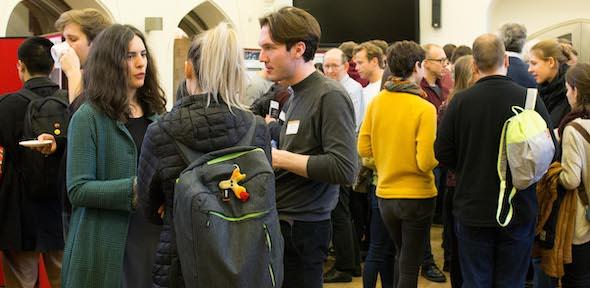
Upcoming Events
Co-sponsoring
2024 Smart Condensates and Droplets Symposium
at Pembroke College, Cambridge, on 5-6 September 2024
Abstract Submission Deadline (EXTENDED) Sunday 30 June 2024
Registration Deadline Sunday 18 August 2024
Seminar series supported by CPB
Teory of Living Matter (@TLM_Cambridge)
UCAM Morphogensis Series (@CamMorphoSeries)
External events
Online, on 9-13 September 2024
Placental Biology Course - online on demand lectures with daily interactive live sessions. This online course is aimed at students, post-docs, established researchers, medical & veterinary healthcare professionals and industry colleagues interested in cutting-edge placental biology and research.
The 2024 course will run online with updated course content around four key themes:
- Pre- to peri-implantation development
- Establishment of placentation
- Placental pathology
- Physiology and metabolism
A small number of full or partial bursaries/scholarships will be available to eligible candidates based on need.

